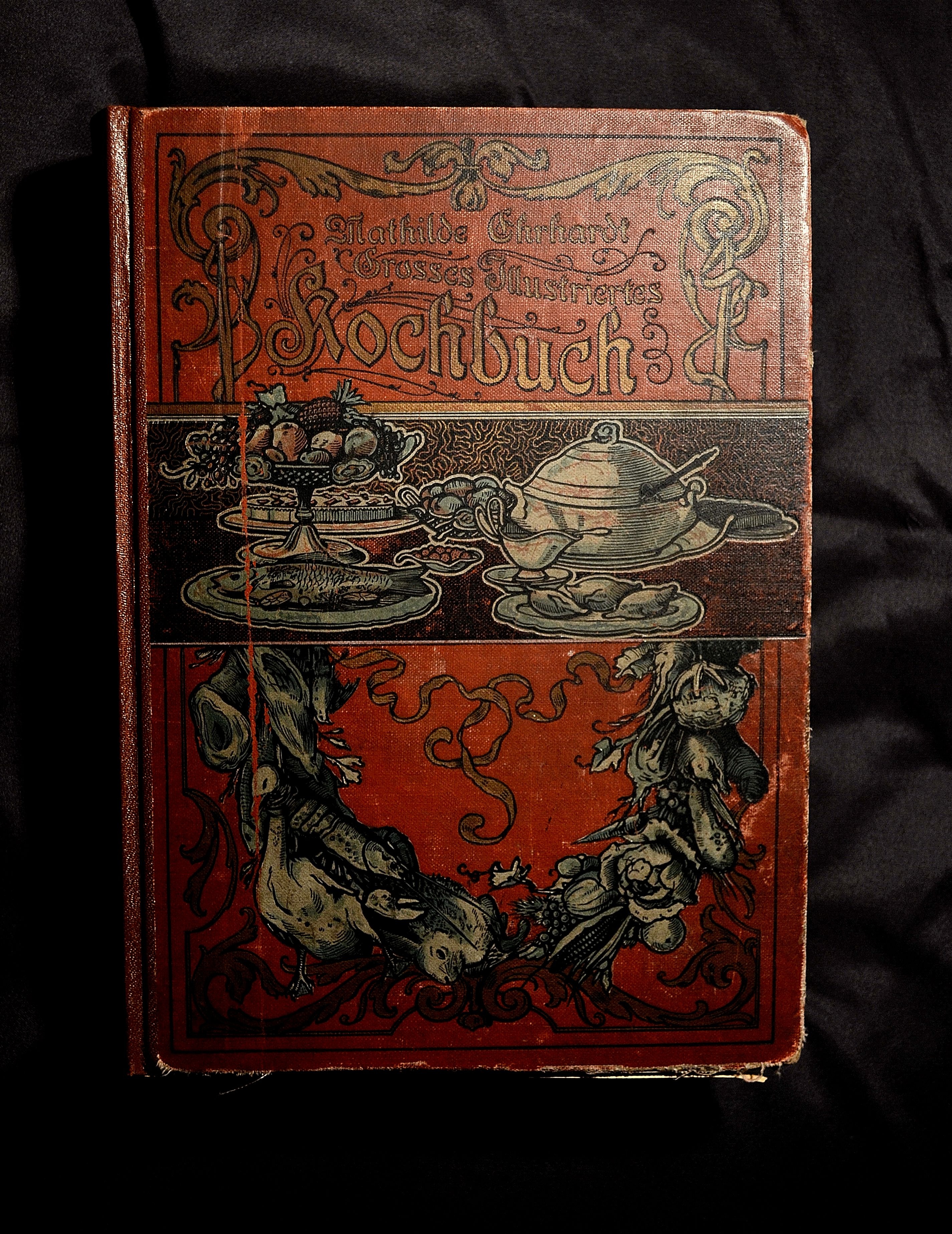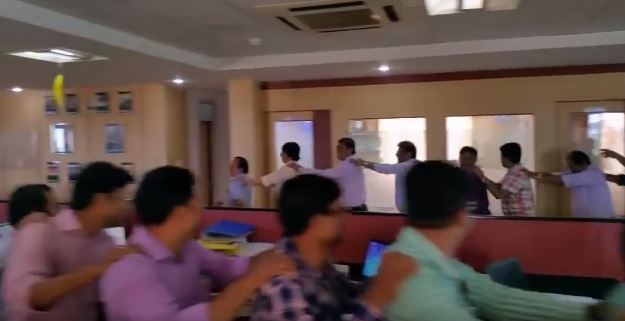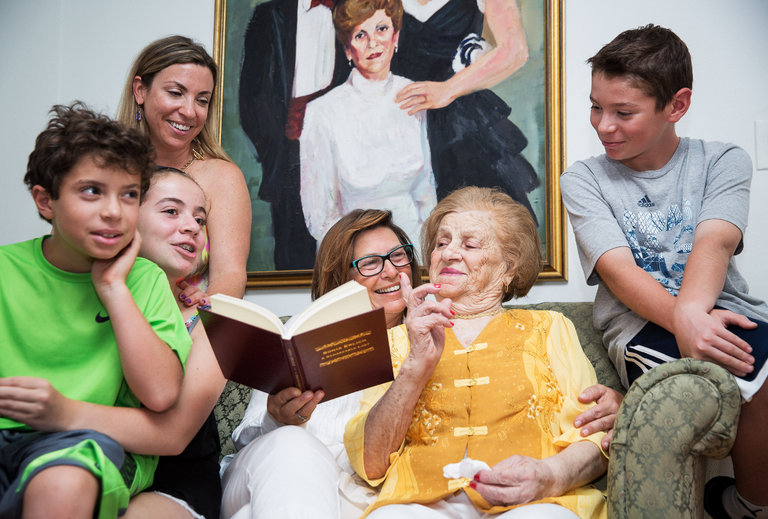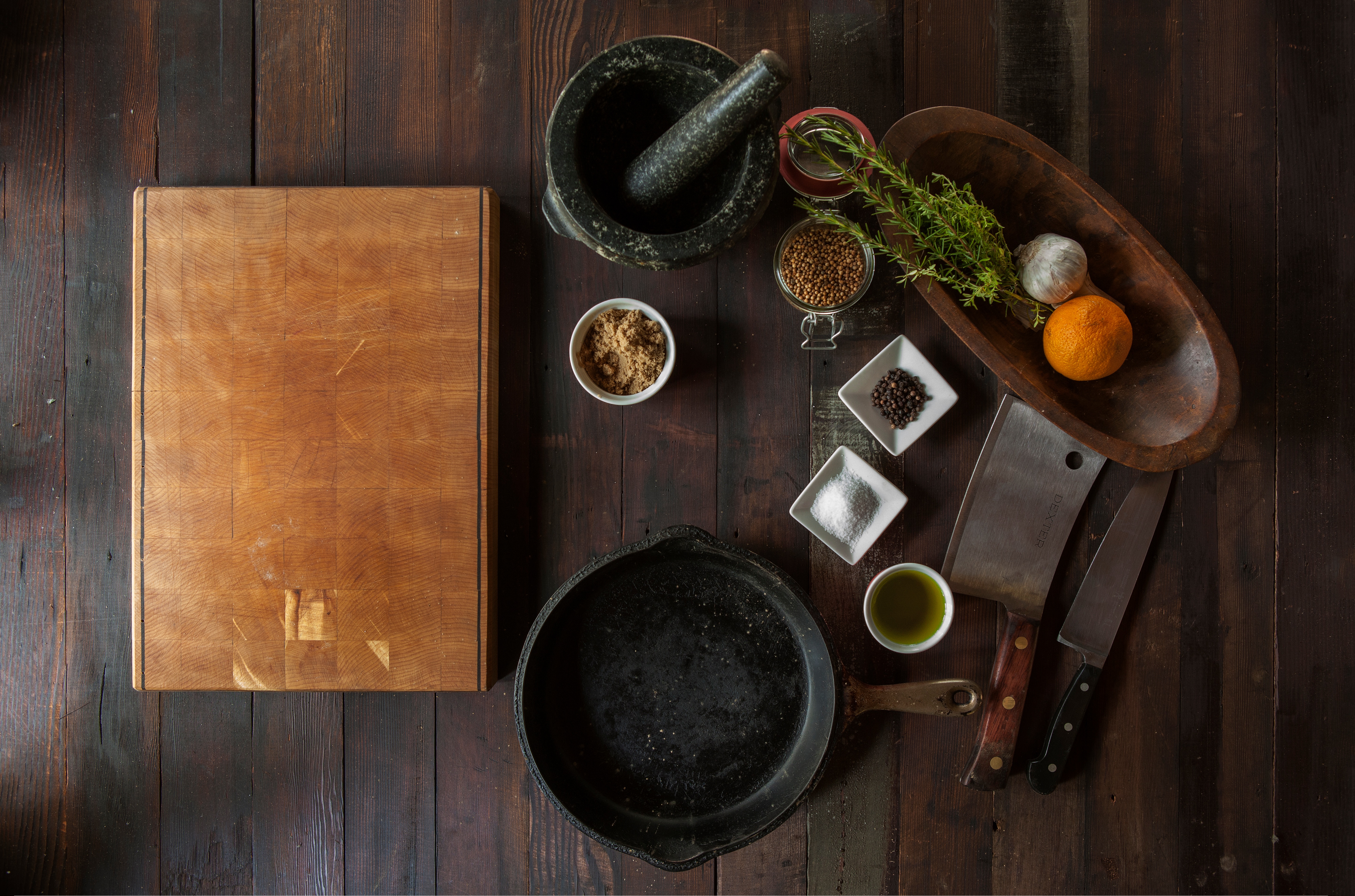by kdwyer | Oct 13, 2016 | Organizing, Technology
Recipe Matters
In this week’s workshop, my students discussed why recipes matter. Family recipes and favorite foods from childhood prompted many memories to surface. We took the opportunity to discuss how food influenced our: Culinary history, a sense of belonging to an ethnic or cultural group, and memories of another time in life or another person’s history.
Most of us have favorite recipes that can be linked to an event or person in our lives.
It might be a holiday sweet or a dish from our childhood. There are some who consider recipes a form of art. Sometimes recipes are used to achieve a specific outcome (magic, aphrodisiacal, or medicinal). Even more are made with the intention of being a gift.
Ghosts Linger in Old Cookbooks
“Ghost linger in old cookbooks,” says Kate Murphy, in her article “Between the Recipes, Scribbles Speak Volumes”. 
Often, cookbooks and recipe cards contain handwritten annotations about the recipe’s use, or feedback on how it might be altered, or when and for whom the dish was made. My mother annotated her own cookbooks and recipe cards in her catalog box. Having those items passed down to me makes me feel like she is with me in my kitchen. Her handwritten notes and comments are a reminder that I am passing down her history and her ancestor’s history with these recipes.
Paying Recipes Forward
Many people include cookbook collections in their wills and legacy letters. Some collections can be quite large, especially if the collector was a world traveler. As we move to adding e-recipes into our inherited or new collections, are we mindful to jot in any notes about the recipes we are trying?
Many times when I’m looking for a new recipe these days, I find it easy to do an online search using keywords of ingredients I have on hand at the time. I will then print out the recipe that sounds good and use that in the kitchen because I don’t want to soil my device. I store the printout in a folder in my cupboard and also an e-copy in a folder on my computer. But I don’t really organize these in any way. When I want to make the recipe again, I never seem to find the previously-printed copy that I may have made notes on, so I end up printing out a new version.
Are you printing out online recipes? Are you making handwritten notes for you and your children and grandchildren? If so, how are you cataloging your printouts? I realize that a lot of people aren’t even cooking much anymore, they opt for the convenience of restaurant food, or premade recipes from the store.
Have you thought about how you might pass on your favorite recipe to your children and grandchildren? Please send me your comments!
by kdwyer | Oct 13, 2016 | Organizing

Current Workshop Success!
My heart is full as I write today’s blog. I’ve in the midst of executing my 5-week workshop “Preserving Your Family Narrative” in Westminster. My workshop attendees are lively and engaged; I couldn’t have hoped for more warm and genuine people who are encouraging each other to share their life stories! 
As we wrestle with what to focus on in their stories, and what memorabilia to
include, we talk about not only organizing timeline facts, but telling what really matters – conveying passions, values, hardships overcome and wisdom to share.
My Super Training Memory
This reminds me of a memorable workshop where I was the attendee. The topic was improvisation. Most of the students felt like they were not born with the improv gene, and started out feeling shy and quiet. But the trainer soon had us all up and moving about together in a human train;
holding onto each other’s shoulders, following the leader as she slowly jogged us around the outside edges of the room to some musical beat. Our leader then yelled out the starting sentences to a story using just a few sentences.
The rules were:
- Keep the train moving
- Each person, in turn, yell out an additional sentence to the story
- You must yell out your sentence within 3 jogs (steps) of when the last sentence was completed.
- Your sentence must begin with the phrase : “Yes! And….”
We had to concentrate on moving and to the content of the person’s sentence in front of us. We had to yell out our own sentence, and having the time constraint made the outcome hilarious!
The Take-Away
The exercise proved many things to us. One of which was that we could all do improv, even when we thought we couldn’t. Another was showing us the power of the word “Yes”. It got to be a pretty wild and convoluted tale by the end of the line, but absolutely everyone was smiling! What I’ll never forget is the feeling of positivity, the laughter, and feeling of empowerment that I shared with all those perfect strangers. I believe these feelings bled over into many areas of my life where I was able to face new challenges with a positive outlook, humor, and faith that things would work out.
What’s Your Best Training Experience?
Have you ever attended a talk or workshop that really left an impression on you? What feelings did you take away? Were you motivated to take any action when you felt that way? What was the best training you ever experienced, and who was your teacher? Add your story in the comments field below.

by kdwyer | Sep 1, 2016 | In the news, Interviews
“Have a Story to Tell? Your Personal Memoirist Is Here”
Wow, I am kickstarting my business and already I am abundantly grateful to be interviewed and mentioned in Alina Tugend’s article of the above title! It’s humbling to be mentioned with such peers such as Kitty Axelson-Berry of Modern Memoirs, and Bill Horne, who runs Launceston Services and is current president of the Association of Personal Historians, and Mary O’Brien Tyrrell, who ran a memoir-writing business for more than 20 years before retiring in 2008. I am looking forward to meeting Bill and maybe Ms. Axelson-Berry and Ms. O’Brien Tyrrell at this year’s conference. Feeling bright and sunny at this wonderful exposure for our beloved industry.
Do let me know what you think of when you read the article and also what windfalls of luck have come into your life from time to time. How did you handle them?
“Saving Lives, One Story at a Time!”
Kit
by kdwyer | Aug 19, 2016 | General

Click photo link to view CBS article.
Hi Reader! Today, Colorado 4News reported that a first-time mom, Taylor Masilotti, had the wherewithal to share her unborn baby via ultrasound with her dying mother. The video captures Taylor and her mom, laying in the same hospital bed so that Taylor’s mom could “meet” her grandchild before it was too late. Taylor’s mom ended up dying, just three days after the filming.
Taylor said that when her daughter ultimately grows up, she might cherish being able to see her grandmother loving her before she was even born. Is this a heartwarming way of preserving this memory? What are your comments about this video and it being shared on national news? Do you find it sweet, or have some other feeling about it?
by kdwyer | Aug 19, 2016 | General, Writing

Hello Readers! This post is about writers and exploring how we concentrate on our work. They say “a watched pot never boils”; but I find it will boil if you go write something while you are waiting. Or for that matter, an unwatched pot will surely boil over! Especially if you felt so confident that you returned to the writing surface while waiting. You might find when you return your attention again to the pot, that its content has been boiling freely for the minutes you intended to be closer to eating dinner than you actually are.
Trying to do too many things at one time, or at least in-the-same-day has the opposite effect of efficiency or great accomplishment. Tackling a to-do list sequentially would be fine, but where I get into trouble is attempting the multi-tasking bit. There is much left to be desired in the outcome when attention is split. It might even mean things get checked off the list, but at what cost? Have tasks actually taken longer because the desired result is missed?
It might be OK to do some cooking or walking while listening to an audio book or music. But while watching a movie while simultaneously cooking, or writing, your attention is unable to hold onto the details in either the movie or the task, resulting in a less than satisfying “well-done” feeling. At least this is the case if it’s a ‘good’ movie or one you’ve never seen before. Your simultaneous activity may be intended to be pleasurable, and not just an exercise in calorie burning!
Practicing to focus attention on one thing at a time is a discipline that improves other skills as well – the quality of your listening and your patience are increased. What skills do you fine-tune by focusing your attention on just one thing at a time? Please send me your comments and experiences.








